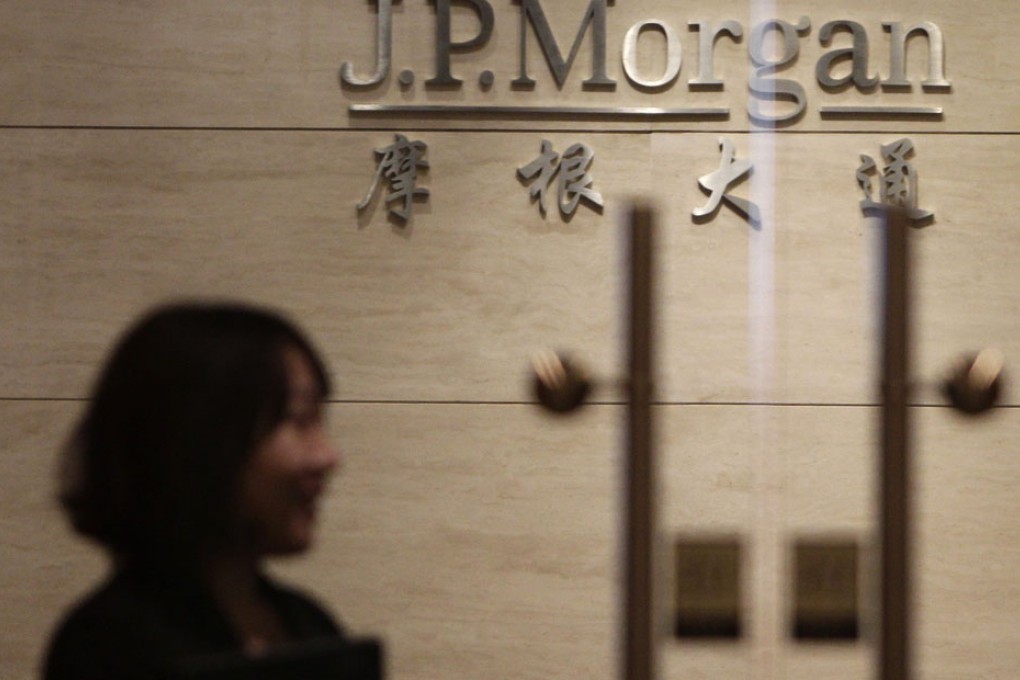Mr. Shangkong | Chinese firms in Hong Kong may be new paradises for 'princelings'
Children of political elites are now considering leaving their jobs at foreign banks after the US probe into JP Morgan's hiring practices

It's a season of change in Hong Kong. Change what? Quietly changing jobs for some important people.
The US government announced last month that it would investigate JP Morgan's Hong Kong hiring practices relating to job offers for children of some important people on the mainland, and as a result, several such "important kids" working for other foreign banks are now seriously considering new jobs.
Their response to news of the probe? Stay in Hong Kong but leave foreign banks to join the Hong Kong offices of mainland firms.
The JP Morgan case attracted attention on the mainland where the public is already angry about corruption within the ruling party. As a result, the Hong Kong offices of many major mainland banks and securities firms are now set to become the new paradises for the so-called princelings - the sons and daughters, or even grandsons and granddaughters, of the important first-generation families that have remained political elites since the founding of the People's Republic of China in 1949.
Some don't want to work for mainland banks in Hong Kong (as some princeling friends once told me they don't like to use mainland banks' credit cards abroad as they don't like the mainland brands). So they look elsewhere, such as SAFE Investment, the flagship offshore investment arm of the State Administration of Foreign Exchange (SAFE), the mainland's foreign-exchange regulator, which manages the world's largest foreign reserves, worth more than US$3 trillion.
Part of the reason why some princelings are seriously considering job changes to join a Hong Kong firm with a mainland background is they don't want to attract unnecessary attention or even potential political trouble for themselves and their families.
The US government can launch an investigation into JP Morgan, but who dares to look into such potential conflict of interests at mainland firms in Hong Kong? Perhaps the Independent Commission Against Corruption (ICAC), the city's anti-graft agency?
